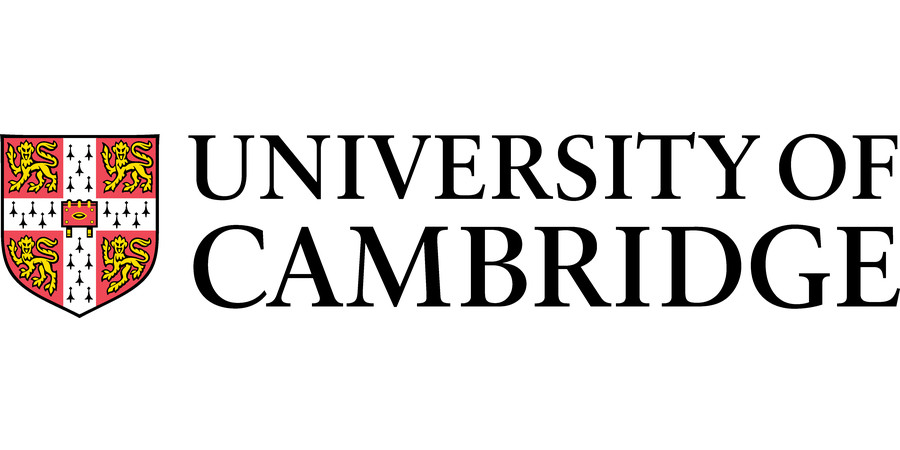PhD Studentship: EPSRC DLA Studentship - AI for reconstructing Supply Chains
University of Cambridge - Department of Engineering
| Qualification Type: | PhD |
|---|---|
| Location: | Cambridge |
| Funding for: | UK Students, EU Students, International Students |
| Funding amount: | See advert for details |
| Hours: | Full Time |
| Placed On: | 17th January 2025 |
|---|---|
| Closes: | 31st March 2025 |
| Reference: | NM44748 |
The Supply Chain AI Lab at the Institute for Manufacturing, University of Cambridge, is seeking a PhD student to work in the area of "Reconstructing supply chains with AI".
This project aims to map, model and explore systemic risk and monopolisation in service supply chains. We have never attempted modelling certain types of service supply networks from data before. Service supply chains are exhibit dependencies coupled over firms, countries and digital threads which are largely untraceable. We therefore ask, can they be predicted? In certain service industries firm level dependencies are highly concentrated in terms of number of users, resulting in systemic risk. The project will use very large scale data to predict dependencies in a number of service sectors. Once dependencies are predicted, the project will then use network scientific methods to model risk and centralisation, offering evidence and guidance to policy makers for regulatory options such as horizontal decentralisation.
Applicants should have (or expect to obtain by the start date) at least a good 2.1 degree in Computer Science, Engineering or related subject.
EPSRC DLA studentships are fully-funded (fees and maintenance) for students eligible for Home fees. EU and international students may be considered for a small number of awards at the Home fees rate. Full eligibility criteria can be found via the following link; https://www.postgraduate.study.cam.ac.uk/finance/fees/what-my-fee-status.
Applications should be submitted via the University of Cambridge Applicant Portal via the 'Apply' link above, with Prof. Alexandra Brintrup identified as the potential supervisor.
The University actively supports equality, diversity and inclusion and encourages applications from all sections of society.
Advert information
Type / Role:
Subject Area(s):
Location(s):









